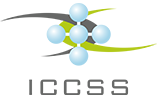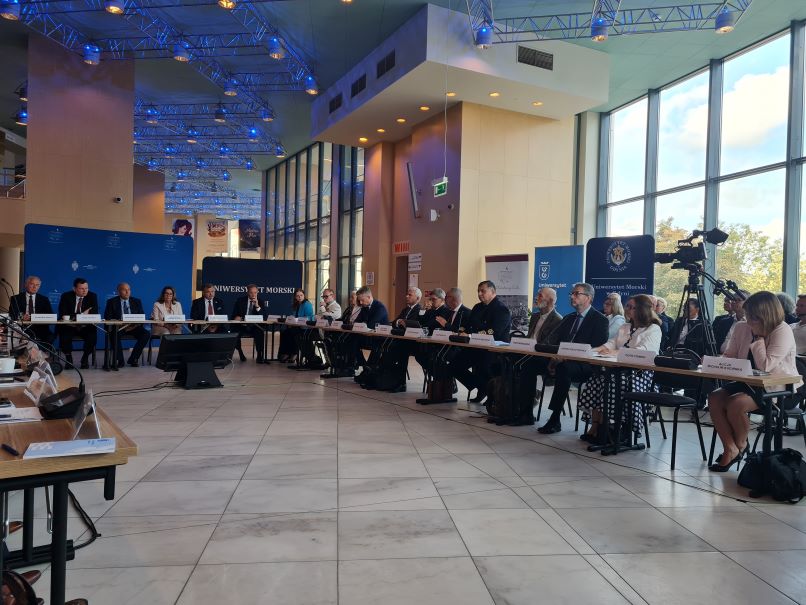During the session, the Committees adopted a joint position, warning of the serious threats to the stable development and security of the Baltic region. The Committees recognized that the hazardous and toxic materials originating from sea-dumped chemical and conventional weapons, as well as wrecks, present ongoing risks to human health, marine ecosystems, and the economic viability of the Baltic coast.
The Committees accepted the ICCSS proposal that these materials should no longer be classified as military weapons but instead as hazardous waste. This legislative shift will allow for a more precise and effective approach to managing the problem through legal, administrative, and operational measures. The Committees further called for the transition from analysis and debate to concrete actions, including the monitoring, identification, and eventual removal of these dangerous materials.
ICCSS offered its expertise and capacity to coordinate active approaches to neutralizing dumped chemical weapons in the Baltic. With extensive experience and international networks, ICCSS is prepared to support the following:
- Legal Analysis and Recommendations: Analyzing current legal frameworks, identifying gaps, and proposing new legislative measures.
- Collaboration with Governments and Partners: Acting as a mediator between stakeholders to facilitate effective legal and administrative frameworks.
- International Standards Alignment: Helping integrate national regulations with international standards, such as the Chemical Weapons Convention.
- Technical and Advisory Support: Providing expertise on safe removal and neutralization methods for dumped materials.
- Promoting Public Awareness: Educating decision-makers and the public to foster resilience and reduce risks.
- Monitoring the Effectiveness of Regulations: Recommending necessary adjustments and improvements.
- Building International Partnerships: Supporting global cooperation for cleaning up the Baltic Sea.
ICCSS remains committed to continuing its leadership role in ensuring the Baltic Sea’s security, both environmentally and economically, through its coordinated, multi-stakeholder approach.
Contact: International Centre for Chemical Safety and Security (ICCSS)
Warsaw, Poland
Website: www.iccss.eu
Contact:
Amb. Krzysztof Paturej, President, ICCSS: k.paturej@iccss.eu
Dr. Jan Borkowski, Senior Advisor: j.borkowski@iccss.eu
Related Links:
The Senate press info on the meeting: https://www.senat.gov.pl/aktualnoscilista/art,16385,wyjazdowe-posiedzenie-komisji-spraw-zagranicznych-oraz-komisji-klimatu-i-srodowiska.html
ICCSS vision paper PL: https://acrobat.adobe.com/id/urn:aaid:sc:EU:f7c1553f-b9cc-4751-af10-884a29dbe211
ICCSS vision paper EN: https://acrobat.adobe.com/id/urn:aaid:sc:EU:f6a72413-9ebb-4cbe-b9bb-7a2ec0b9c444

